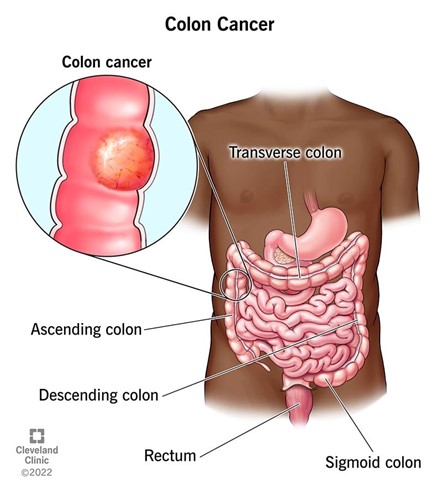Targeted Therapy and Immunotherapy in Oncology
Targeted Therapy and Immunotherapy in Oncology ( 5 Questions)
A nurse is educating a client who has colorectal cancer and is receiving bevacizumab, an angiogenesis inhibitor, as part of targeted therapy. The nurse should explain to the client that bevacizumab works by:
Binding to specific antigens on cancer cells and triggering their destruction is the mechanism of action of monoclonal antibodies, such as rituximab and trastuzumab, that are used to treat some types of cancer, such as nonHodgkin's lymphoma and breast cancer. Monoclonal antibodies are proteins that recognize and attach to specific antigens on the surface of cancer cells and activate the immune system to destroy them.
Inhibiting the activity of enzymes that mediate cell growth and survival signals is the mechanism of action of tyrosine kinase inhibitors, such as erlotinib and imatinib, that are used to treat some types of cancer, such as lung cancer and chronic myeloid leukemia. Tyrosine kinase inhibitors are drugs that block the activity of enzymes called tyrosine kinases, which are involved in transmitting signals from growth factors and hormones to the cell nucleus.
Preventing the formation of new blood vessels that supply oxygen and nutrients to tumors is the mechanism of action of angiogenesis inhibitors, such as bevacizumab and sorafenib, that are used to treat some types of cancer, such as colorectal cancer and renal cell carcinoma. Angiogenesis inhibitors are drugs that interfere with the process of angiogenesis, which is the formation of new blood vessels from existing ones. Angiogenesis is essential for tumor growth and metastasis, as tumors need a constant supply of oxygen and nutrients to survive and spread.

Enhancing the immune system's ability to recognize and eliminate cancer cells is the mechanism of action of immunotherapy, such as interferon alfa and interleukin2, that are used to treat some types of cancer, such as melanoma and renal cell carcinoma. Immunotherapy is a type of treatment that uses substances produced by the body or made in a laboratory to boost or restore the immune system's function. Immunotherapy can stimulate the immune system to attack cancer cells or make them more visible to the immune system.
Choice A reason:
Binding to specific antigens on cancer cells and triggering their destruction is the mechanism of action of monoclonal antibodies, such as rituximab and trastuzumab, that are used to treat some types of cancer, such as nonHodgkin's lymphoma and breast cancer. Monoclonal antibodies are proteins that recognize and attach to specific antigens on the surface of cancer cells and activate the immune system to destroy them.
Choice B reason:
Inhibiting the activity of enzymes that mediate cell growth and survival signals is the mechanism of action of tyrosine kinase inhibitors, such as erlotinib and imatinib, that are used to treat some types of cancer, such as lung cancer and chronic myeloid leukemia. Tyrosine kinase inhibitors are drugs that block the activity of enzymes called tyrosine kinases, which are involved in transmitting signals from growth factors and hormones to the cell nucleus.
Choice C reason:
Preventing the formation of new blood vessels that supply oxygen and nutrients to tumors is the mechanism of action of angiogenesis inhibitors, such as bevacizumab and sorafenib, that are used to treat some types of cancer, such as colorectal cancer and renal cell carcinoma. Angiogenesis inhibitors are drugs that interfere with the process of angiogenesis, which is the formation of new blood vessels from existing ones. Angiogenesis is essential for tumor growth and metastasis, as tumors need a constant supply of oxygen and nutrients to survive and spread.
Choice D reason:
Enhancing the immune system's ability to recognize and eliminate cancer cells is the mechanism of action of immunotherapy, such as interferon alfa and interleukin2, that are used to treat some types of cancer, such as melanoma and renal cell carcinoma. Immunotherapy is a type of treatment that uses substances produced by the body or made in a laboratory to boost or restore the immune system's function. Immunotherapy can stimulate the immune system to attack cancer cells or make them more visible to the immune system.

